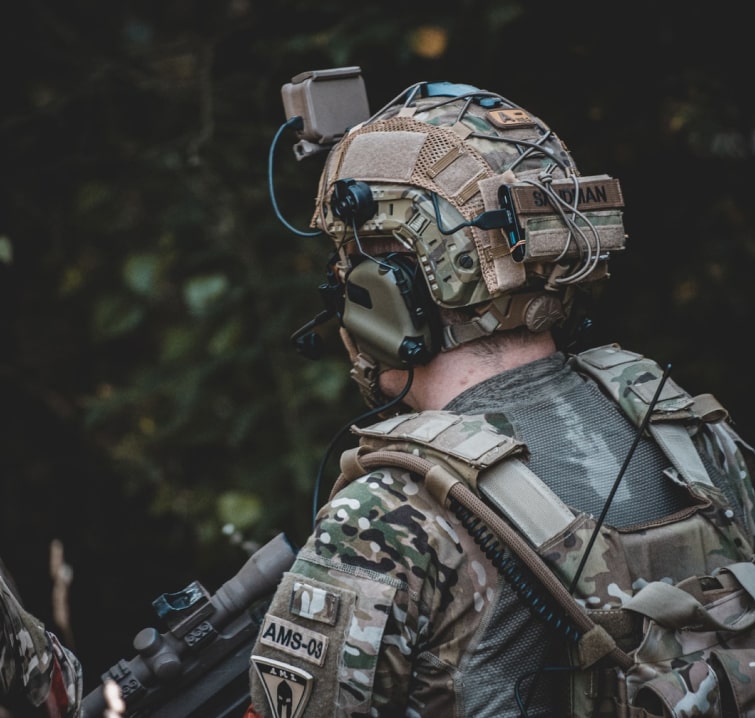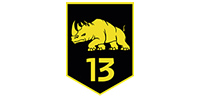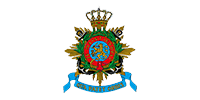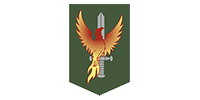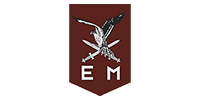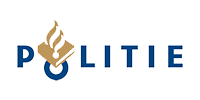TCCC – COMBAT LIFE SAVER
COURSE
Advanced Forces Group is an accredited NAEMT training center
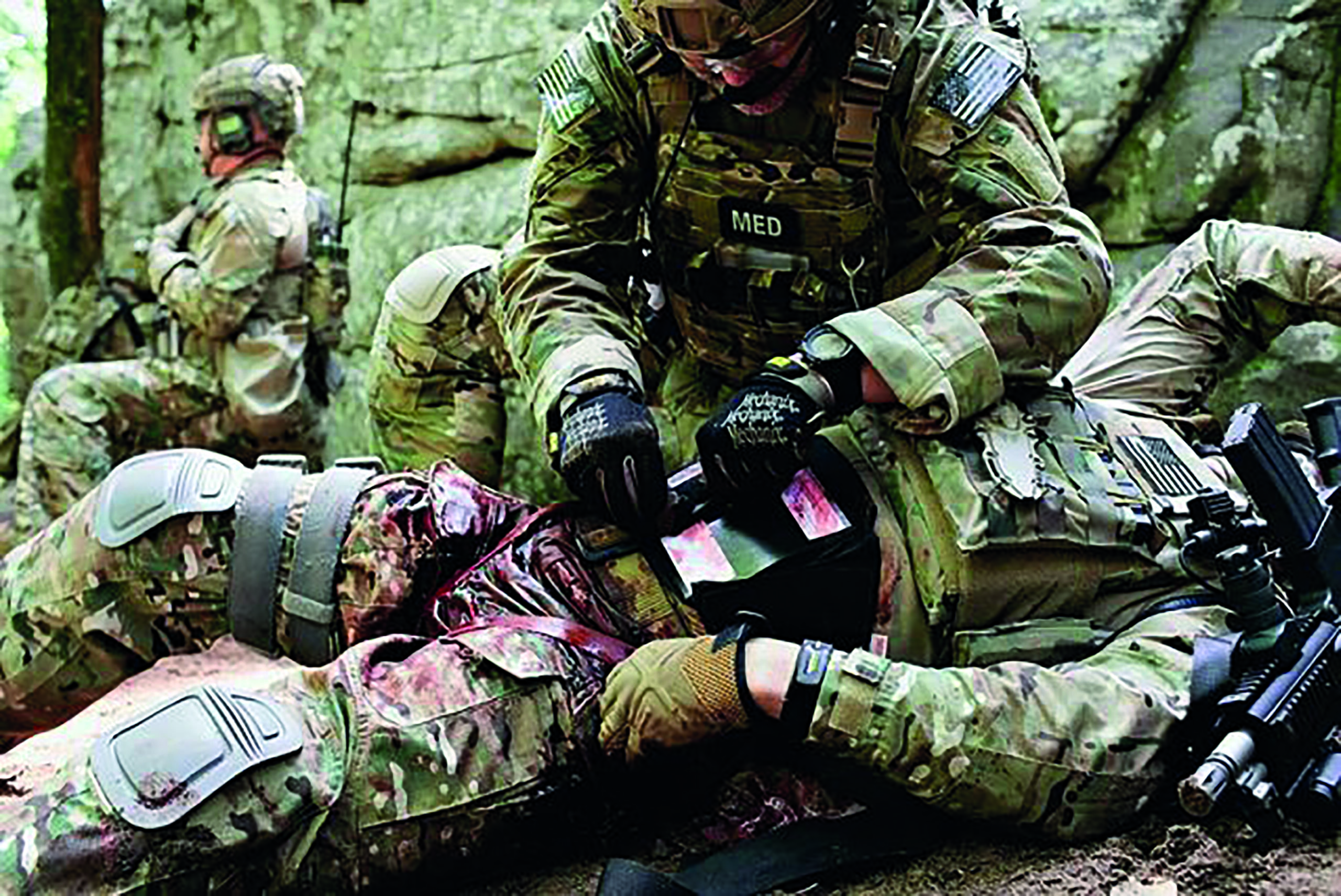
About the course
Battlefield proven
Experienced instructors
Working with experienced instructors, you will engage in challenging scenarios that provide you with the necessary practical experience to do things like stabilize catastrophic bleeding caused by gunshot wounds as quickly as possible.
Fundamental knowledge
You might have the best medical equipment at hand, but you need to know how to use that equipment properly. With this training course, accredited by the NAEMT, you will learn the steps you need to take in order to use it safely and effectively.
Who is this training designed for?
NATO Military
Course build up: what you’ll learn

INSTRUCTOR: DEREK
Derek is a decorated military veteran with more than 16 years of experience. He has completed multiple tours to countries such as Iraq, Afghanistan, and other conflict zones as a Special Forces Medic. Because of his extensive knowledge and experience in the Tactical Medical field, he knows how important it is to continuously train these skills properly. It saves lives!
NAEMT Certificate: COMBAT LIFE SAVER
What the training program entails:
